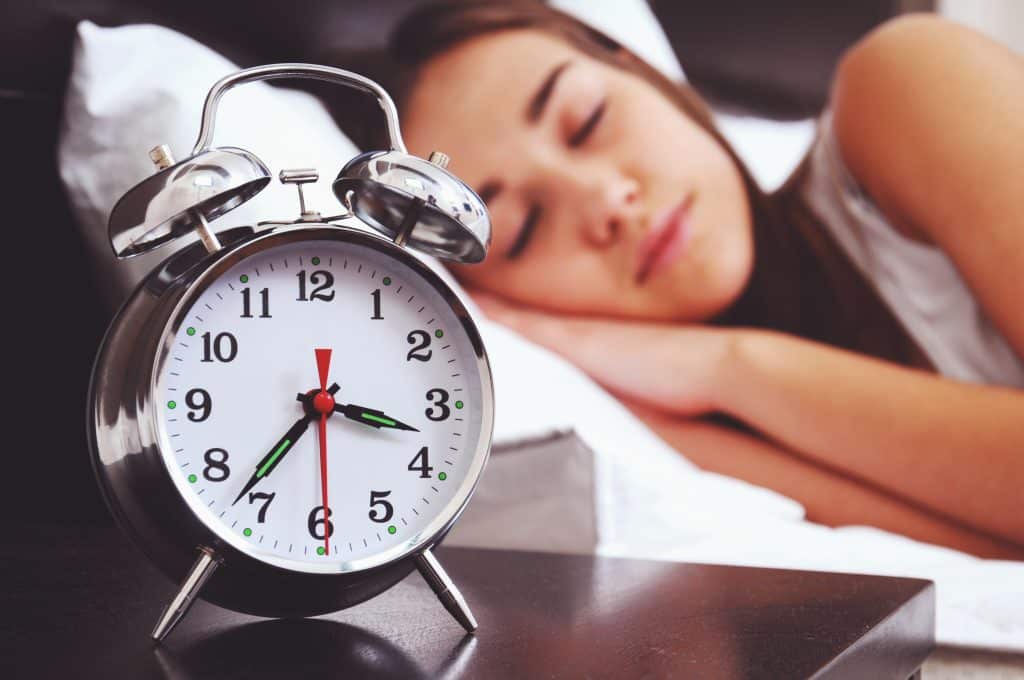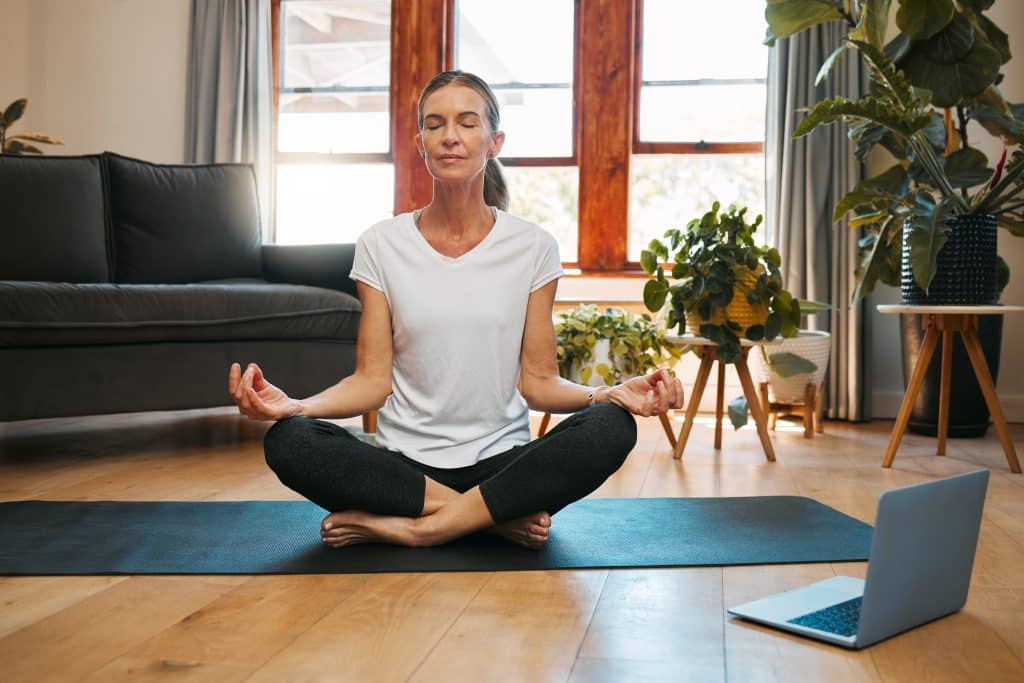Sleep is not just a luxury; it’s a fundamental pillar of health. A refreshing night’s sleep enhances cognitive function, mood, and overall vitality. Yet, many grapple with achieving this blissful state of rest. Tossing, turning, staring at the ceiling—sleepless nights are all too familiar to many. So, what can one do to ensure better slumber? Let’s delve into actionable strategies that guarantee good sleep.
Contents
Stick To A Consistent Schedule

The body thrives on routine, especially when it pertains to sleep. Circadian rhythms, natural internal processes that regulate the sleep-wake cycle, function best when one maintains a consistent bedtime and wake-up time. This rhythm is not just a fancy term—it dictates how alert or sleepy one feels during various parts of the day. Therefore, adhering to a set schedule can assist in entraining these rhythms, ensuring that sleep becomes a predictable, restful event.
A fluctuating sleep schedule can disrupt this internal clock, leading to suboptimal sleep quality. Imagine the confusion and strain it causes the body when sleep timings constantly change, akin to a perpetual state of jet lag. Even the weekends shouldn’t be an exception. Keeping a steady routine on Saturday and Sunday prevents the infamous “Monday morning blues” and promotes a seamless transition into the workweek.
Limit Screen Time Before Bed

The modern world’s technological marvels come at a price. Screens from smartphones, tablets, and computers emit blue light, which has been shown to hamper melatonin production. Melatonin, often dubbed the “sleep hormone,” plays a pivotal role in signaling to the body that it’s time to wind down and rest. So, when this crucial hormone’s production is inhibited, initiating sleep becomes a challenge.
One might wonder, “Is all screen time bad?” Not necessarily. It’s the timing that’s critical. Ideally, screen exposure should be reduced or avoided entirely about an hour or two before bed. Instead, one could engage in calming activities like reading a physical book, practicing light stretching, or simply reflecting on the day. Making this a nightly habit can pave the way for a serene descent into dreamland.
Exercise During The Day

Physical activity is not only essential for a fit physique and optimal health but also for promoting sound sleep. Engaging in regular exercise can significantly enhance the quality and duration of sleep. It boosts the production of serotonin in the brain while decreasing levels of cortisol, the stress hormone. The outcome? An easier time falling asleep and a deeper, more restorative sleep throughout the night.
However, timing is crucial when incorporating exercise into a daily routine. While a morning or afternoon workout can amplify sleep benefits, engaging in strenuous activity too close to bedtime can have the opposite effect. The adrenaline and increased heart rate from a late-evening exercise session can make it challenging to relax and drift off. As a rule of thumb, aim to finish any vigorous activity at least three hours before hitting the sheets.
Eat A Healthy Diet

Nutrition and sleep share a symbiotic relationship. Certain foods and drinks can influence the quality of one’s sleep, either positively or negatively. For instance, foods like cherries, almonds, and milk contain nutrients that can promote sleep. On the flip side, spicy or greasy foods, especially if consumed right before bedtime, can lead to discomfort and disturbances throughout the night.
Meal timing is another aspect to consider. Eating a large, heavy meal immediately before bed can cause discomfort and indigestion, making it harder to fall asleep. It’s also wise to be cautious with liquids close to bedtime to avoid nocturnal trips to the bathroom. To optimize sleep, aim to have the last meal of the day about two to three hours before bedtime, ensuring it’s balanced and not overly heavy.
Practice Deep Breathing

Deep breathing exercises have long been revered for their calming effects on the mind and body. By focusing on the breath and taking deep, deliberate inhalations and exhalations, one can activate the body’s relaxation response. This can significantly reduce stress, ease tension, and prepare the body for a peaceful night’s rest.
For those unfamiliar with deep breathing techniques, here’s a simple method to try: Lie down in a comfortable position and close the eyes. Inhale slowly through the nose for a count of four, hold for a count of four, and then exhale slowly through the mouth for a count of six. Repeat this pattern for several minutes, letting go of any tension with each exhale. As this becomes a nightly ritual, many will find it an invaluable tool in the quest for consistent, quality sleep.
Create A Comfortable Sleep Environment

The surroundings can heavily influence the ease with which one drifts into sleep. Factors such as room temperature, ambient noise, and lighting can make the difference between a restless night and peaceful slumber. A slightly cooler room, often recommended to be around 60-67 degrees Fahrenheit, can be conducive to better sleep. Moreover, keeping the sleeping space dark, either using blackout curtains or an eye mask, can further enhance sleep quality.
Sound, or the lack thereof, is equally influential. While some people benefit from white noise machines that offer a consistent auditory backdrop, others might prefer complete silence. Earplugs can be beneficial for those in noisier environments. Lastly, investing in a comfortable mattress and pillows tailored to individual preferences can elevate the sleep experience, ensuring restful nights.
Avoid Caffeine And Alcohol Close To Bedtime

Two of the most commonly consumed beverages, caffeine and alcohol, have notable effects on sleep. Caffeine, a stimulant found in coffee, tea, and many sodas, can linger in the system for hours. Consuming it in the afternoon or evening can interfere with the ability to fall asleep and reduce the overall sleep quality. Hence, it’s advised to limit its intake, especially in the latter part of the day.
While many believe a nightcap can induce sleep, alcohol’s relationship with sleep is more complicated. It might help one fall asleep faster, but as it’s metabolized, it can disrupt the sleep cycle, particularly the REM (rapid eye movement) stage of sleep, which is crucial for cognitive functions like memory. For those keen on a drink, moderation and timing—allowing several hours between consumption and bedtime—are key.
The Bottom Line
Achieving good sleep isn’t merely about the quantity of hours spent in bed but the quality of those hours. It’s a culmination of daily habits, routines, and choices. From diet to physical activity, from screen time to the bedroom environment, each factor plays a pivotal role in shaping sleep. Adopting and integrating these practices can pave the way to restful nights and vibrant days, enhancing overall well-being.



